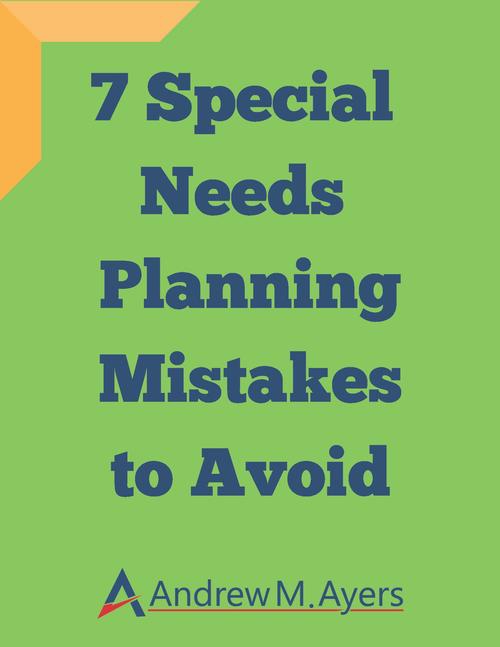 In Minnesota, when you are putting together a special needs trust as part of your estate plan, one of the biggest decisions you'll be faced with is choosing who the trustee should be. The trustee of a special needs trust will probably serve many of the roles that you've been serving for your family member with special needs while you are alive. And in case something happens to that person, I usually recommend that you select a series of individuals or even a corporate trustee to make sure that whoever ends up being the trustee is someone you can rely upon. The trustee's role is not the same as the personal representative under your will, but both roles can be filled by the same person.
In Minnesota, when you are putting together a special needs trust as part of your estate plan, one of the biggest decisions you'll be faced with is choosing who the trustee should be. The trustee of a special needs trust will probably serve many of the roles that you've been serving for your family member with special needs while you are alive. And in case something happens to that person, I usually recommend that you select a series of individuals or even a corporate trustee to make sure that whoever ends up being the trustee is someone you can rely upon. The trustee's role is not the same as the personal representative under your will, but both roles can be filled by the same person.
Responsibilities of a Trustee Generally
Whether it's a Special Needs Trust or not, there are basic responsibilities that all trustees have. These include:
- Communicating with the beneficiaries of the trust
- Distributions from the trust to the beneficiaries
- Investment and management of the trust's assets
- Accounting/bookkeeping for the trust
- Taxes for the trust
The role of a trustee is important for you and your family and it's a decision that you'll likely spend a significant amount of time considering.
Additional Responsibilities of a Special Needs Trustee
When you have a Special Needs Trust, your trustee will have some extra responsibilities to handle as well:
- Investigating the needs of the trust beneficiary and making sure their welfare is being cared for
- Confirming that the beneficiary remains eligible for public benefits
- Creating reports for the agency providing benefits
- Work with loved ones and support workers (like care managers) to make sure the beneficiary is being cared for
Who Should You Choose?
With the added responsibilities of a Special Needs Trust, it's common that people work with a professional trustee rather than a family member. Asking a family member to take on all of these responsibilities (in addition to their daily responsibilities for themselves and their own family) can be an overwhelming ask. Professional trustees are usually set up to handle a variety of special responsibilities and especially when it comes to the various financial obligations, having that support in place makes things easier for your beneficiary.
For clients who are concerned about turning over the responsibilities to a professional trustee who doesn't know their family member, an option they can consider is a "co-trustee" relationship. This allows a family member to be involved in the decisions to support your family member while also allowing for the infrastructure and support that a professional trustee can bring to the situation.
You May Also Like
- What Can't My Special Needs Trust Pay For in Minnesota?
- What's the Difference Between a Supplemental and Special Needs Trust in Minnesota?
- What is a Special Needs Trust?
Next Steps
If you have a child with special needs, you likely understand the complexity of dealing with government benefits and wouldn't want to leave that burden to your child without a proper plan in place. To get started, let's set up a complimentary Legal Strategy Session to discuss the best options for you and your family.


